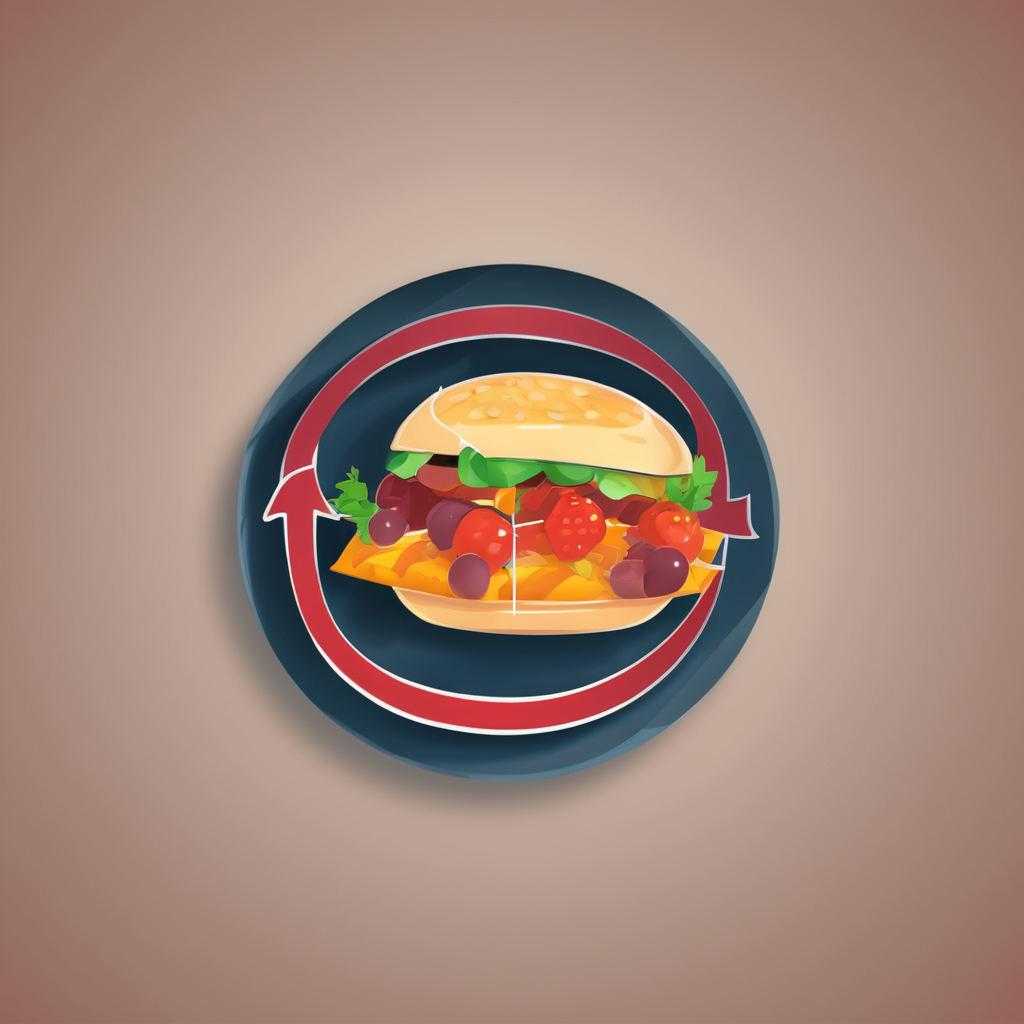Essential Kitchen Equipment for Catering
When it comes to catering, having the right kitchen equipment is essential for success. Start with the basics such as high-quality ovens, commercial mixers, and reliable refrigeration units, which are vital for maintaining food safety and delivering consistent results. Investing in robust catering supplies, like durable cookware and professional-grade cutlery, is crucial for efficient food preparation.
Cooking tools like immersion blenders, food processors, and mandolins can significantly enhance food presentation and speed. Brands such as KitchenAid, Wüsthof, and Blodgett are renowned for their durability and performance, serving as excellent choices for caterers looking to build a reliable kitchen arsenal.
In the same genre : Exploring the unique hurdles of operating a family-run restaurant in the uk
Proper maintenance of kitchen equipment cannot be overstated. Regular cleaning and servicing not only extend the lifespan of your machinery but also ensure all safety standards are met, reducing risks of malfunction and accidents. Make sure to establish a maintenance schedule to avoid last-minute disruptions during events. Observing safety standards, such as regular inspections and staff training on equipment use, helps maintain a safe kitchen environment. By focusing on quality kitchen equipment and maintenance, catering businesses can boost productivity and ensure flawless service delivery.
Software Solutions for Catering Management
Catering software has become indispensable for modern catering businesses. It streamlines operations, from handling customer inquiries to managing events seamlessly. Investing in robust scheduling tools is crucial for maintaining a reliable service. Look for features like real-time calendar syncing, team collaboration, and reminders to guarantee smooth workflow. Invoicing solutions offer catered businesses a structured way to handle payments. Key functionalities to consider include customized invoices, easy integration with bank accounts, and automated receipts, ensuring timely payments and positive cash flow.
Additional reading : Revitalize your restaurant’s seasonal menu: creative techniques to infuse fresh ingredients for culinary mastery
Scheduling and Planning Software
High-quality scheduling software optimizes workflow and efficiency. Consider options like Caterease or Event Temple, known for user-friendly interfaces and powerful planning features. These tools help keep track of bookings, manage resources, and assign tasks efficiently, avoiding the chaos of double bookings or missed deadlines.
Invoicing and Payment Management
Professional invoicing is vital in establishing a trustworthy client relationship. Software like QuickBooks or FreshBooks enables easy invoicing, tracking expenses, and managing finances on a platform that supports growth. Ensure all monetary transactions are transparent to maintain a healthy cash flow and avoid the stress of late payments.
Marketing Strategies for Catering Businesses
Catering businesses thrive on well-executed marketing strategies. A compelling digital presence, marked by effective social media marketing, enhances visibility, reaching a broader audience. Platforms like Instagram and Facebook are invaluable for showcasing culinary creations and service setups, allowing potential clients to visualise the experience. By utilising storytelling in brand marketing, businesses can connect more deeply with their audience. Sharing the origin story of the company, showcasing customer testimonials, or narrating experiences from past events can establish a strong emotional connection with prospective clients.
Engagement doesn’t stop at social platforms. Client outreach through personalised emails and updates boosts relationships, keeping your business top-of-mind. Utilise seasonal offers or showcase new menu items to entice repeat customers. Consider holding local tasting events, inviting potential clients to experience the offerings firsthand.
To maximise impact:
- Create consistent, authentic content.
- Develop a unique brand voice.
- Monitor analytics to refine strategies effectively.
With a balance of digital presence and personal touch, catering businesses can enhance their brand’s reach and reputation.
Supply Chain Management Essentials
Effective supply chain management is crucial in the catering industry. It ensures seamless operations and client satisfaction. Successful caterers understand the significance of nurturing strong vendor relationships. Selecting reliable suppliers with quality products is the foundation of this relationship. Negotiating favourable terms can prove beneficial for both cost-efficiency and consistent supply. Vendor reliability directly impacts delivery schedules and event success, thus catering businesses must regularly evaluate supplier performance.
Accurate inventory management is another essential aspect. Employ methods like just-in-time ordering to minimise waste, especially with perishable items. For non-perishable goods, keep safety stock to handle unexpected demand spikes. Implementing technology to automate inventory tracking optimises efficiency, providing real-time updates on stock levels and reducing the risk of errors. These methods assure that catering businesses are always prepared to meet client needs while maintaining operational efficiency.
By focusing on these elements, catering professionals can not only enhance the efficiency of their operations but also ensure the highest quality of service delivery and client satisfaction. Engaging with effective tools and partnerships in the supply chain is key to maintaining a competitive edge in the catering market.
Additional Resources and Support
In the dynamic world of catering, accessing additional resources and support can significantly impact growth and success. Engaging with prominent industry associations like the International Caterers Association can provide invaluable insights and networking opportunities. These networks offer members a chance to exchange experiences and learn from industry veterans.
Establishing connections through mentorship facilitates personal growth and operational improvement. Mentorship allows caterers to gain tailored advice, effectively addressing unique business challenges. By seeking out experienced mentors, you can shorten the learning curve and foster professional development.
For continuous learning, explore recommended books, blogs, and podcasts within the catering industry. Notable titles like “The Art of Catering” provide practical advice and industry trends. Blogs such as “Catering Insider” or podcasts like “Catering Success” serve as excellent platforms for staying updated and inspired.
By actively engaging with these resources, caterers are well-positioned to adopt best practices and innovative strategies, maintaining a competitive edge. Whether it’s through industry associations, expert mentorship, or educational materials, leveraging these avenues ensures sustained growth and success in the catering business.
